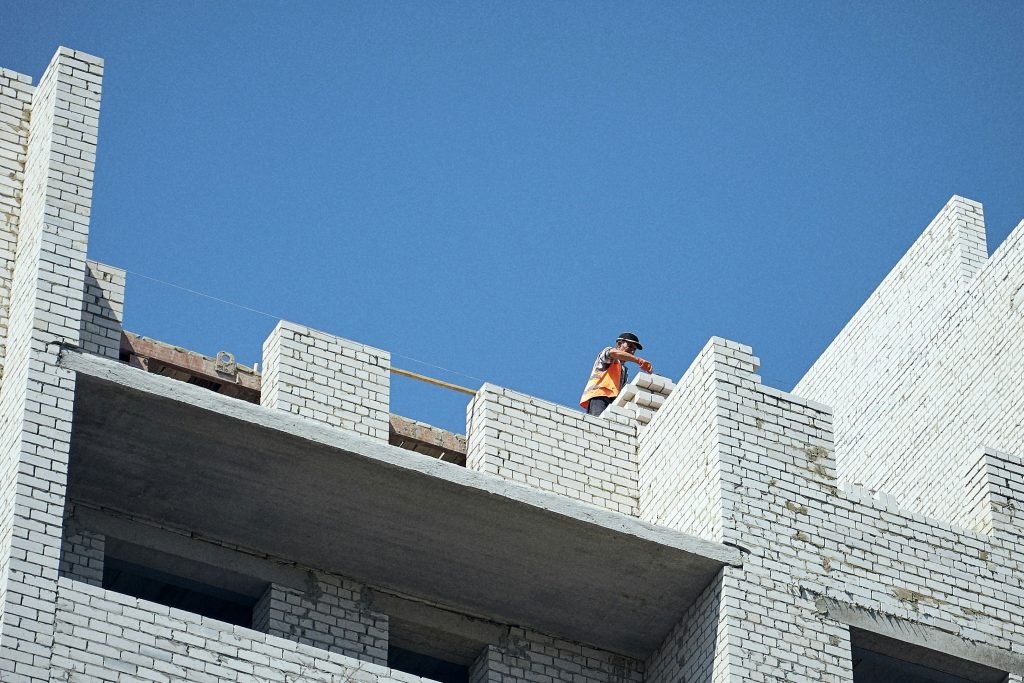The proposed 2024 amendments to the Construction Regulations signal upcoming adjustments for South Africa’s construction industry. These proposed changes are designed to significantly improve health and safety oversight on building sites while shifting more legal responsibility onto both contractors and, critically, their clients.
Increased Accountability for Clients and Designers
The draft amendments shift a substantial portion of responsibility to the project’s clients and designers. The regulations now clearly state that safety begins at the drawing board. Clients (referred to as “Givers of Work”) will now be legally obligated to:
- Provide detailed pre-construction information
- Conduct risk assessments before the project starts
- Ensure competency for all personnel on-site
These changes mark a fundamental shift, where safety is viewed proactively from the start of a project rather than reacting to issues as they arise.
Contractors: Enhanced Compliance Requirements
Contractors will also face new compliance duties. Notably, the draft regulations propose the appointment of a Construction Health and Safety Manager, who must be registered with the South African Council for the Project and Construction Management Professions (SACPCMP). This manager will be tasked with overseeing health and safety on designated sections of the project.
However, the regulations offer some flexibility for smaller contractors. The requirement to appoint a Health and Safety Officer has changed from “must appoint” to “may appoint,” depending on the risk level of the project.
International Alignment and Criticisms
The draft regulations aim to align South Africa’s construction industry with global best practices, focusing on embedding safety within the project lifecycle. However, experts have pointed out some gaps, such as the lack of an ergonomics risk assessment in contractor duties and ambiguity around defining and enforcing competence.
Despite these critiques, the regulations are seen as a positive step towards proactive site management, including mandatory monthly audits and risk assessments.

Increased Client Liability
A key aspect of the new regulations is the increased liability placed on clients. Developers and clients now share joint responsibility for ensuring site safety. Failure to provide adequate pre-construction information or verify contractor credentials could result in criminal charges, signaling a clear shift in the industry’s safety culture.
Clients will now need to be more engaged throughout the design and construction phases, making it essential for contractors and clients to work together closely. This shift could reshape client-contractor relationships, leading to more formalised safety oversight, better budgeting for compliance, and clearer collaboration with design teams.
The Path Forward: Collaboration and Implementation
The 2024 amendments are seen as a necessary move to improve safety and accountability in South Africa’s construction sector. However, their successful implementation will depend on several factors, including effective training, certification, and the adoption of digital systems. There’s a need for clarity and practicality in the regulations to avoid hindering smaller players or causing unnecessary delays in the industry.
As Petra Devereux, Executive Director of the MBAWC, notes, “Clarity, practicality, and phased implementation will be critical to ensuring that these regulations do not inadvertently create unintended bottlenecks or exclude smaller players.”
The draft regulations mark a promising step toward a safer, more accountable construction industry. By enhancing collaboration between clients and contractors, these changes could help create more sustainable, professional outcomes across the sector.


![guilherme-cunha-4zwozQxDbD4-unsplash[1] The proposed 2024 amendments to the Construction Regulations signal upcoming adjustments for South Africa’s construction industry.](https://www.sabuildingreview.co.za/wp-content/uploads/2025/07/guilherme-cunha-4zwozQxDbD4-unsplash1-1170x780.jpg)